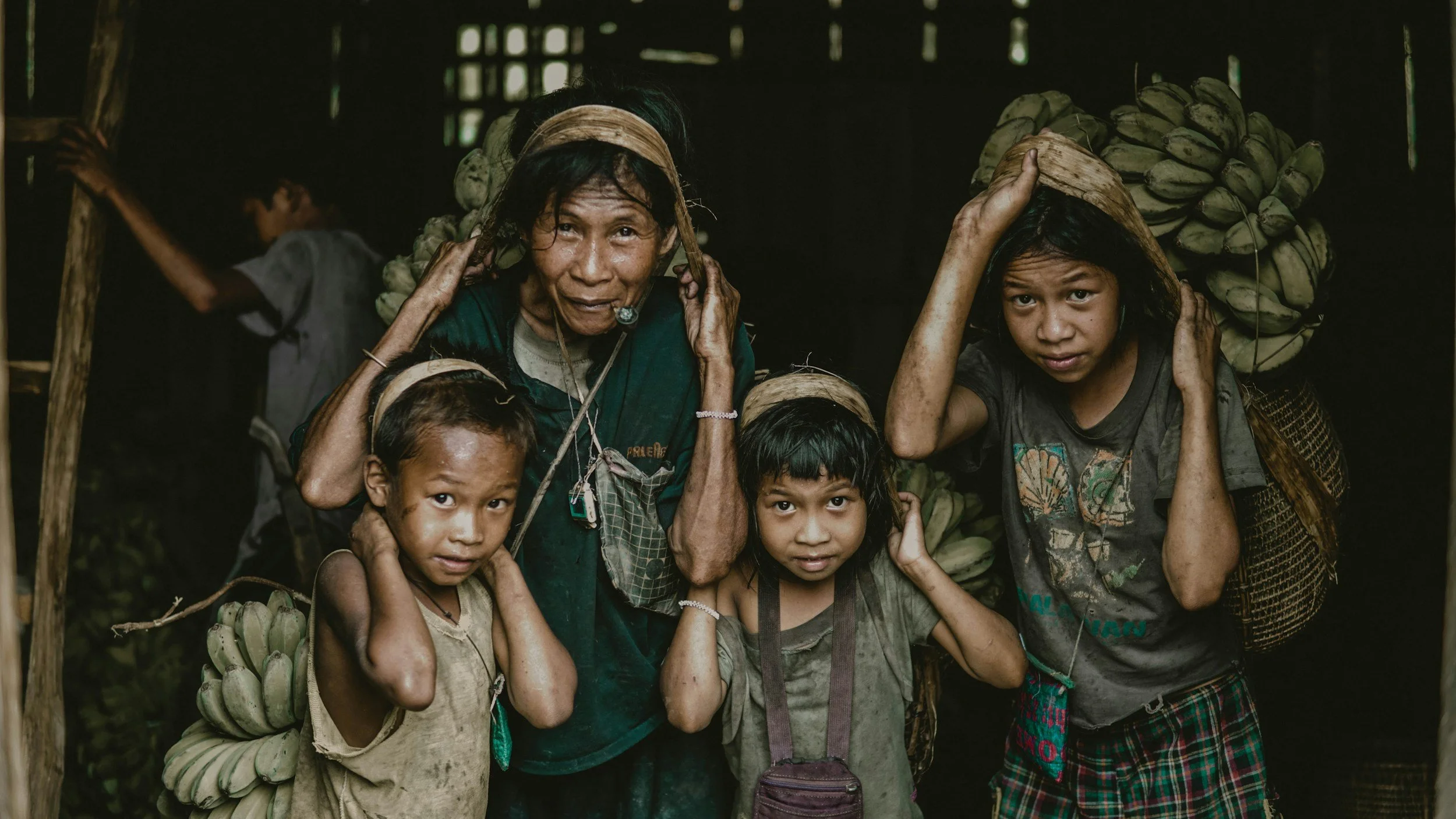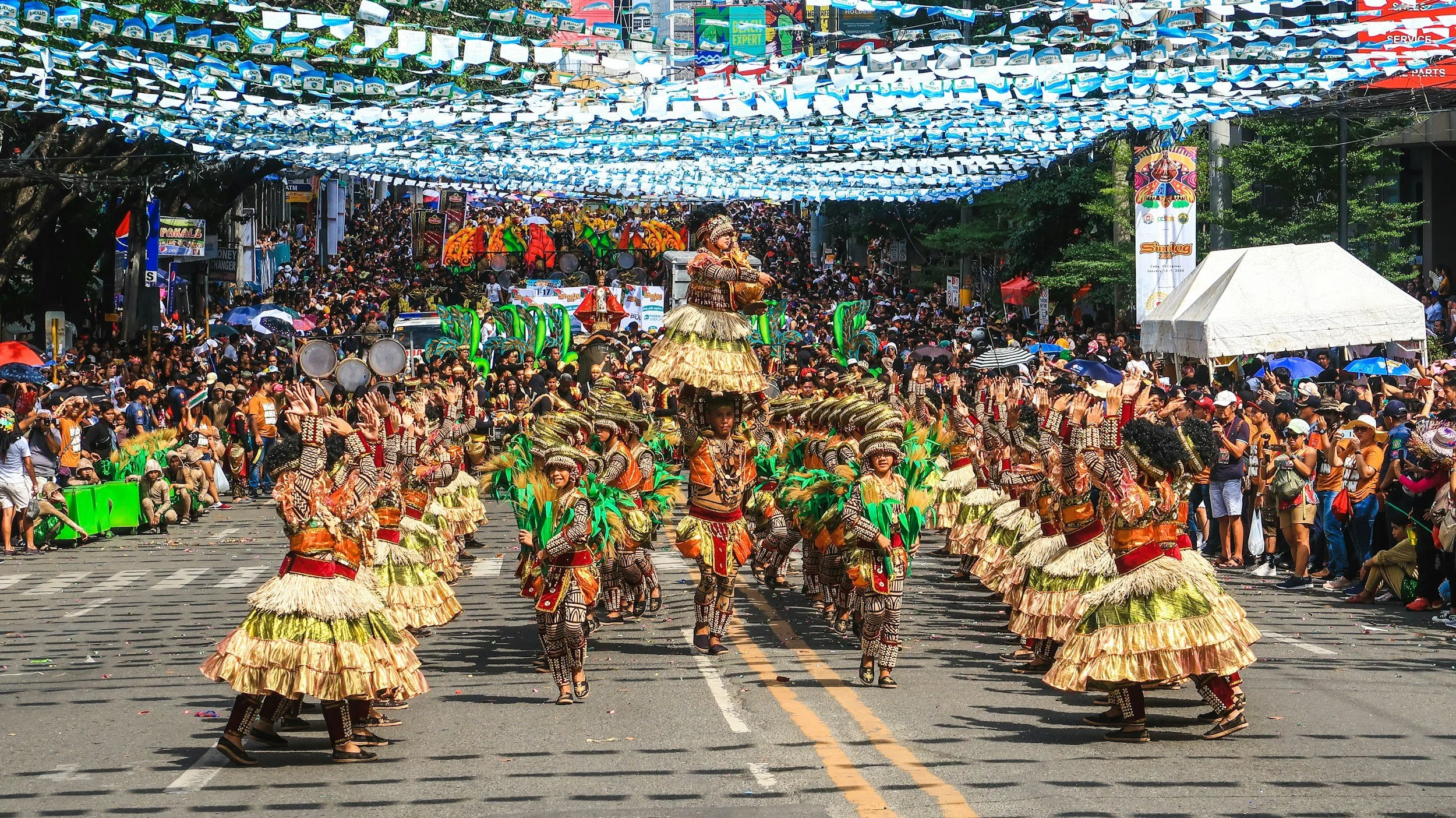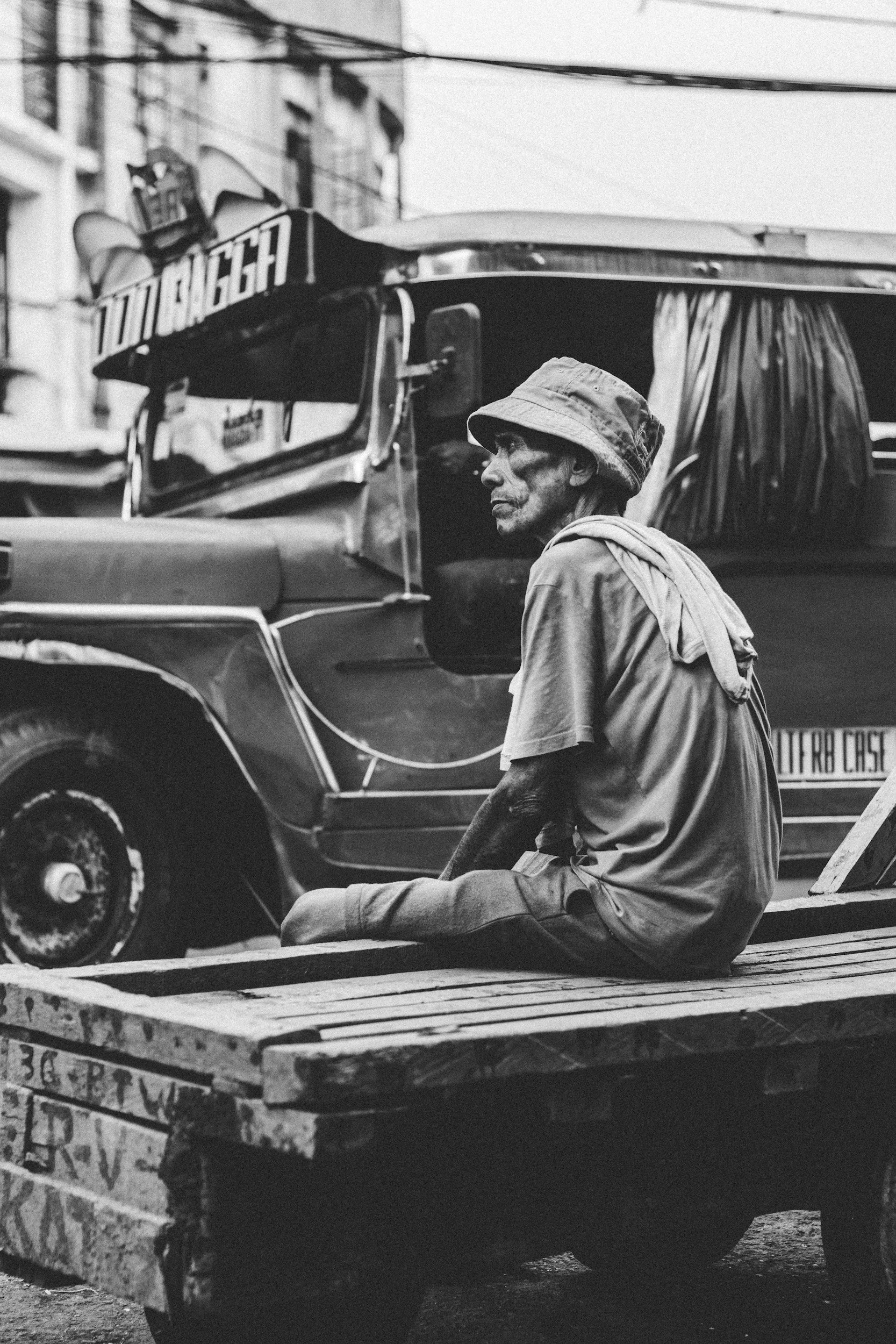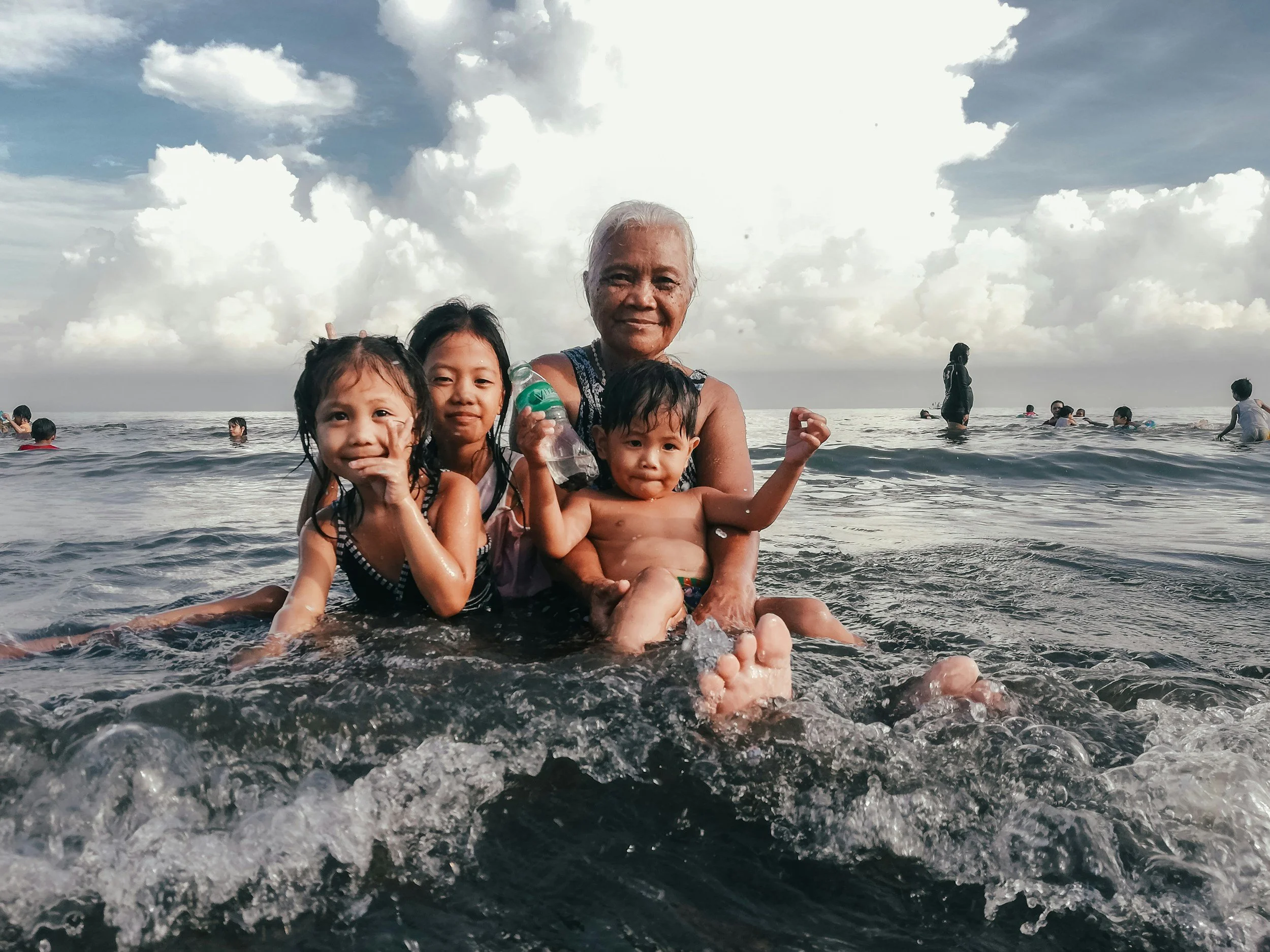Filipinos and the Stigma of Mental Health
I had the pleasure of attending a conversation around the significance of food, the Filipino community and mental health this past weekend and I was so taken by the flow of conversation around my culture; an ember that has been smoldering within me since Max and I have been family planning and moving on to another life level.
I was raised as a second-generation immigrant. My family arrived in Canada 35 years ago, bringing with them very limited support and embarking on a fresh new way of life amidst the cold, rocky mountains. I can only imagine how isolating and difficult it must have been for my parents to navigate their new environment while working multiple jobs in industries they weren’t familiar with at all. As a child, it was isolating and challenging at times to be one of just a handful of colored kids in a school located in a small town that, while welcoming, was often cautious and uncertain about embracing diversity.
I remember in primary school being asked, “What are you?”.
“A girl obviously.” was often the reply.
Even though my family was new, and even though things were at times, really difficult, I was able to witness the resilience and magic of Filipinos. If you are looking for a tribe, people to break bread with, share song, prayer, laughs and entertainment with, they will graciously grab you by the arm and invite you in. Come with an empty stomach and prepared to sing at some point. My parents are foundational members in our community, with that came the privilege of seeing change and kapwa - a shared identity and togetherness. I have since watched the community bud. I have seen the Filipino population blossom into the largest foreign ethnic group in my area. I have seen its resilience, its humor, its togetherness, but also its struggles in the way traditional ways of thinking collide with progressive Western thinking.
"Mental health" is still, a taboo. You don't talk about it. Period. I’m not going to take this opportunity to trauma-dump the ways people didn’t show up for me. I was so, so lucky to have a family ready and willing to support in the ways that are ‘so Filipino’ (food mostly), yet feelings and sensations were not a hot topic in my house, I will admit.
I also learned to be the veil between two worlds: Too Westernized to be fully Filipino and too Filipino at times to be regarded as a born-and-raised Canadian. It’s a really interesting and powerful bridge to live on.
This workshop that I attended raised a vital question: How can we create space for conversations around mental and emotional wellbeing in ways that honor Filipino culture?
We must first soften the soil—till the land with reverence for our ancestors, our family structures, and the poetry of our communal heart. Here's how we can weave these worlds together:
1. Lead with Pakikipagkapwa - recognizing the self in the other
At the heart of Filipino culture lies kapwa—the shared self. It's not just empathy; it's sacred kinship. Frame conversations around presence and moments of genuine care, not as a clinical intervention. Kapwa goes beyond compassion. It is recognizing that you are me, I am you and we are the same in many ways.
At times, kapwa also means setting boundaries. Giving permission for distance to exist. It means recognizing what also does not serve you and steering clear of those people and situations to protect your peace.
2. Honor Elders, but Invite Gentle Revolution
Respect for elders (paggalang) is a core value. And yet, younger generations often carry new language for emotional fluency. Bridge the gap with humility. Invite storytelling; rich detail in your human experience that conveys the deep emotionality of what you’ve been through.
Through these stories, we humanize pain—and teach that vulnerability is not weakness, but courage wrapped in softness.
3. Use Art, Ritual and Expression
Music, dance, prayer, food, and poetry— these are our native medicines. Let the arts be a gentle gateway to deeper truths.
4. Name the Invisible with Tenderness
Filipinos often express mental struggles as physical manifestations or are pretty vague about it. "Mental illness" often sounds like:
"I'm going through something."
“Sugat sa loob” (wound inside)
“Pagod ang puso” (the heart is tired)
“Bigat ng dibdib” (heaviness in the chest)
Language can soothe where stigma silences.
5. Reclaim Indigenous Wisdom and Invite Family
Family is life
Pre-colonial Filipinos had babaylans, spirit-women and healers who knew that wellness was not just of the body, but of the spirit and community. Call them back—not just in image, but in action.
Invite breathwork, grounding practices, and somatic healing in ways that feel like coming home, not learning something foreign.






